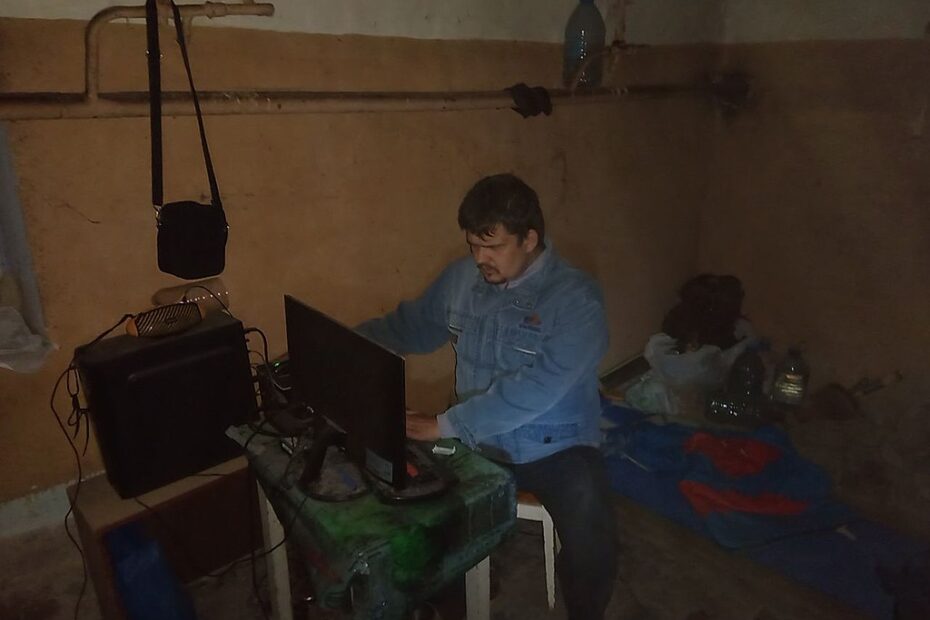Paths to Knowledge Equity – collection of essays
The four essays touch on foundational questions but also some very real problems that need to be looked at within the Wikimedia community if it comes to knowledge equity. One key aspect of this inward gaze is a deep reflection how to start this work with the communities that are silent (or silenced) at the centre – not just by them or for them.
Read the publication here
Knowledge equity is both an attractive and elusive concept. In our society, governed by meritocracy, knowledge is deemed of value, though with rates varying significantly: be it university education or street smarts. Knowledge is a non-exclusive resource; learning does not take it away from our peers or teachers. Often to the contrary, an act of learning can educate all involved.
Read More »Paths to Knowledge Equity – collection of essays









